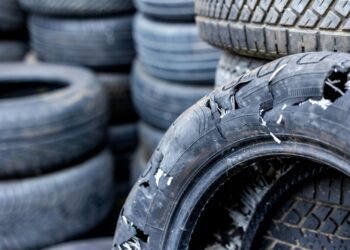The following are facilities that have achieved, renewed or otherwise regained R2 certification recently:
Eco Link of Walnut, Calif.; Hyena Recycling of Eastvale, Calif.; Midwest Material Recovery (dba Arch City Technology) of St. Louis; and Phone Xperts of Mississauga, Ontario.
After completing successful audits, the organizations listed below achieved one or more of these NAID AAA certifications: physical destruction of hard drives, physical destruction of solid state devices, over-writing or degaussing of physical hard drives, over-writing of solid state devices.
Various locations of Access CIG in the U.S.; various locations of Access Information Management of Canada across Canada; 3R Technology of Kent, Wash.; A1 Shredding and Recycling of Marietta, Ga.; DataSavers of Jacksonville, Fla.; Direct Shred of Jackson, Tenn.; eSCO Processing and Recycling locations in Rogers, Ark. and Springfield, Mo.; Premier Surplus of Dawsonville, Ga.; Rocycle of Dade City, Fla.; Southeast Secure Shredding of Vero Beach, Fla.; and Stallard Technologies of Overland Park, Kan.
























